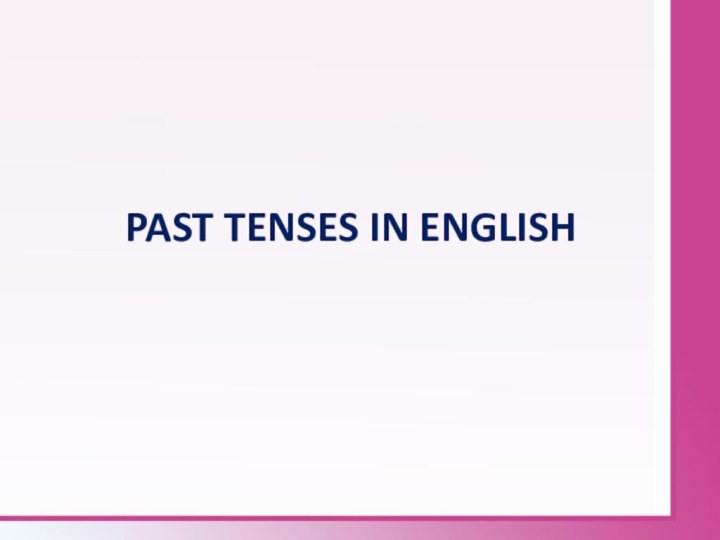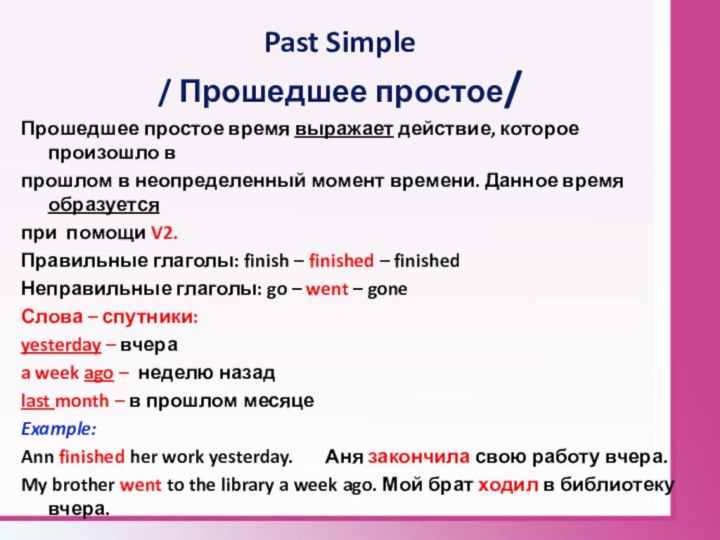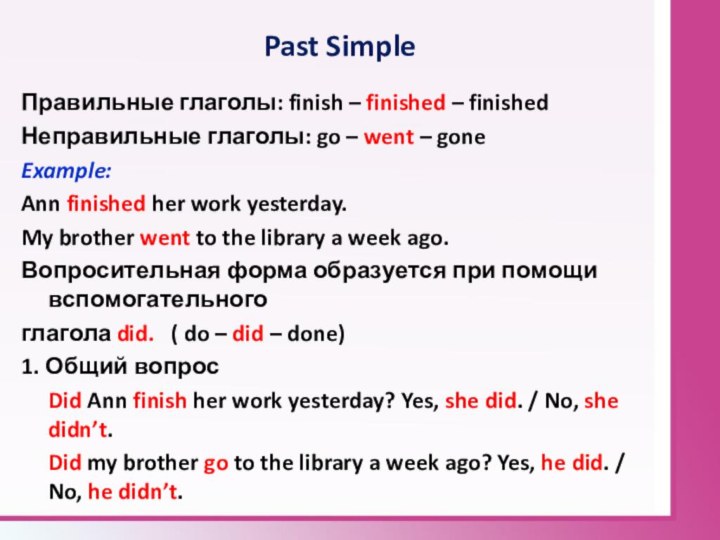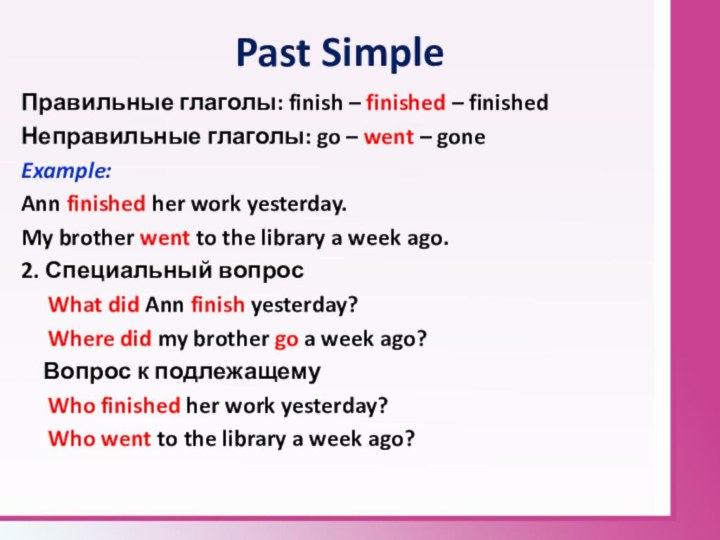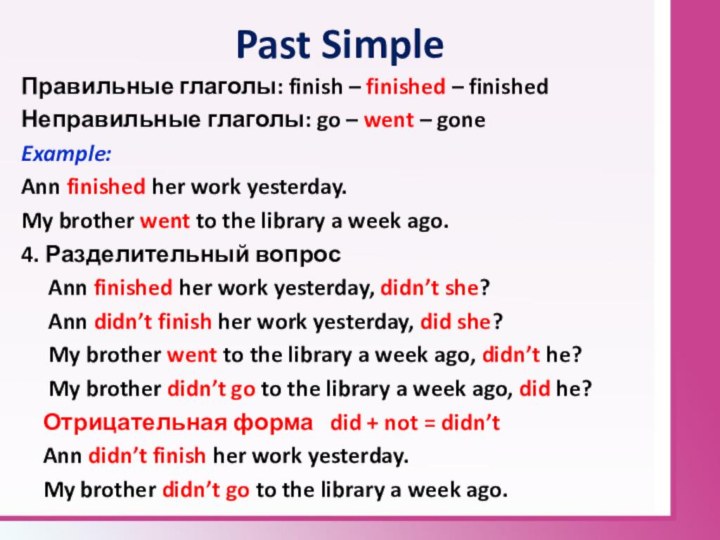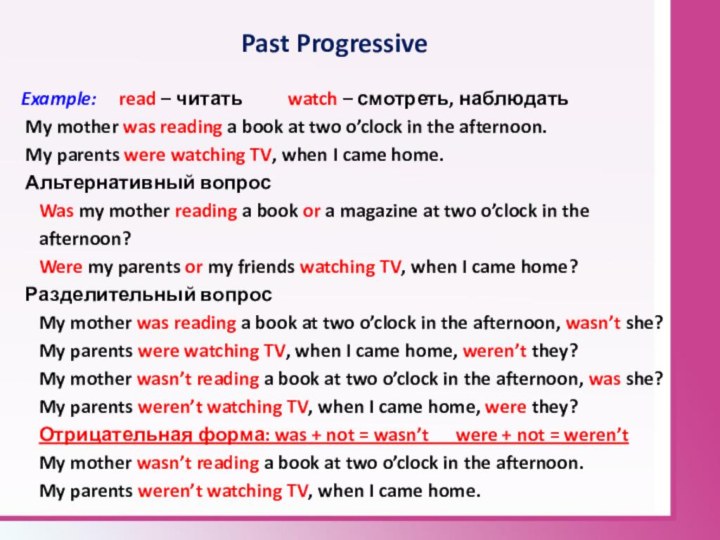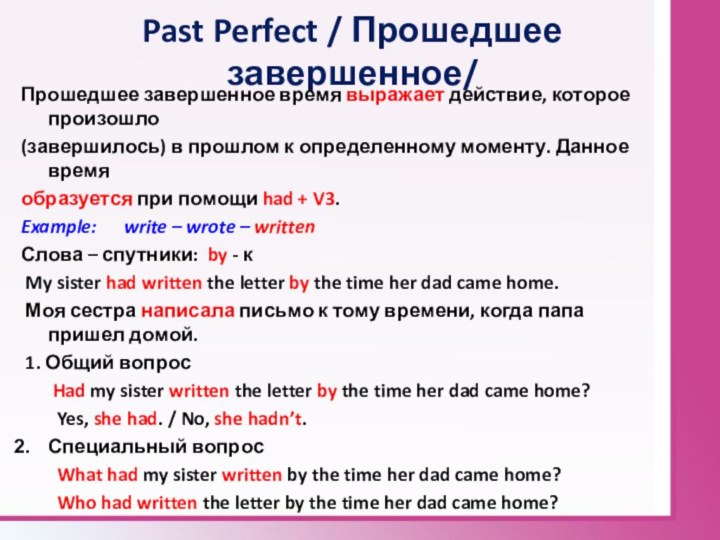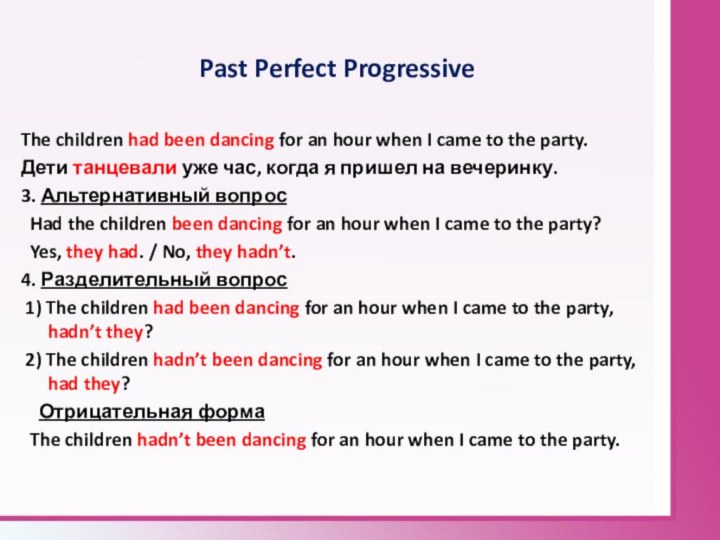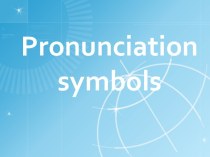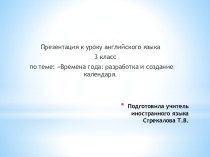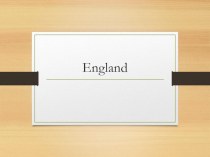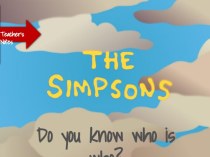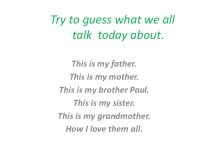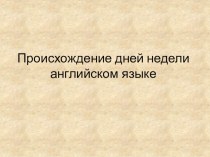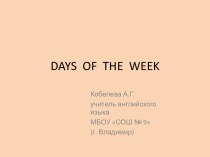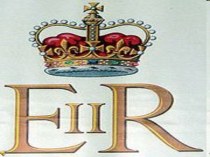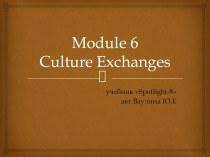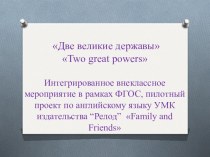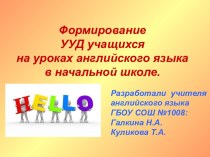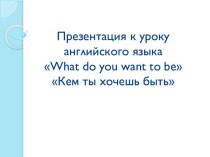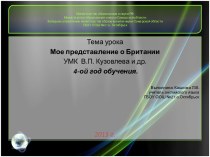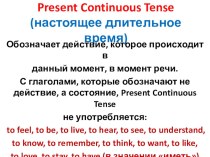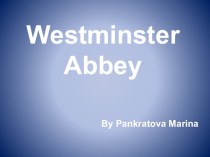Слайд 2
Past Simple
/ Прошедшее простое/
Прошедшее простое время выражает
действие, которое произошло в
прошлом в неопределенный момент времени. Данное
время образуется
при помощи V2.
Правильные глаголы: finish – finished – finished
Неправильные глаголы: go – went – gone
Слова – спутники:
yesterday – вчера
a week ago – неделю назад
last month – в прошлом месяце
Example:
Ann finished her work yesterday. Аня закончила свою работу вчера.
My brother went to the library a week ago. Мой брат ходил в библиотеку вчера.
Слайд 3
Past Simple
Правильные глаголы: finish – finished –
finished
Неправильные глаголы: go – went – gone
Example:
Ann finished
her work yesterday.
My brother went to the library a week ago.
Вопросительная форма образуется при помощи вспомогательного
глагола did. ( do – did – done)
1. Общий вопрос
Did Ann finish her work yesterday? Yes, she did. / No, she didn’t.
Did my brother go to the library a week ago? Yes, he did. / No, he didn’t.
Слайд 4
Past Simple
Правильные глаголы: finish – finished –
finished
Неправильные глаголы: go – went – gone
Example:
Ann finished
her work yesterday.
My brother went to the library a week ago.
2. Специальный вопрос
What did Ann finish yesterday?
Where did my brother go a week ago?
Вопрос к подлежащему
Who finished her work yesterday?
Who went to the library a week ago?
Слайд 5
Past Simple
Правильные глаголы: finish – finished –
finished
Неправильные глаголы: go – went – gone
Example:
Ann finished
her work yesterday.
My brother went to the library a week ago.
3. Альтернативный вопрос
Did Ann finish her work yesterday or the day before yesterday?
Did my brother go to the library a week ago or a month ago?
Слайд 6
Past Simple
Правильные глаголы: finish – finished –
finished
Неправильные глаголы: go – went – gone
Example:
Ann finished
her work yesterday.
My brother went to the library a week ago.
4. Разделительный вопрос
Ann finished her work yesterday, didn’t she?
Ann didn’t finish her work yesterday, did she?
My brother went to the library a week ago, didn’t he?
My brother didn’t go to the library a week ago, did he?
Отрицательная форма did + not = didn’t
Ann didn’t finish her work yesterday.
My brother didn’t go to the library a week ago.
Слайд 7
Past Progressive /Прошедшее длительное/
Прошедшее длительное время выражает действие,
которое происходило в прошлом в определенный момент времени. Данное
время образуется при помощи was/were (глагол to be в форме Past) +Ving.
Example: read – читать watch – смотреть, наблюдать
My mother was reading a book at two o’clock in the afternoon.
My parents were watching TV, when I came home.
Общий вопрос
Was my mother reading a book at two o’clock in the afternoon?
Yes, she was. / No, she wasn’t.
Were my parents watching TV, when I came home?
Yes, they were. / No, they weren’t.
Слайд 8
Past Progressive
Example: read – читать
watch – смотреть, наблюдать
My
mother was reading a book at two o’clock in the afternoon.
My parents were watching TV, when I came home.
Специальный вопрос
What was my mother reading at two o’clock in the afternoon ?
When were my parents watching TV?
Вопрос к подлежащему
Who was reading a book at two o’clock in the afternoon?
Who were watching TV, when I came home?
Слайд 9
Past Progressive
Example: read – читать
watch – смотреть, наблюдать
My
mother was reading a book at two o’clock in the afternoon.
My parents were watching TV, when I came home.
Альтернативный вопрос
Was my mother reading a book or a magazine at two o’clock in the
afternoon?
Were my parents or my friends watching TV, when I came home?
Разделительный вопрос
My mother was reading a book at two o’clock in the afternoon, wasn’t she?
My parents were watching TV, when I came home, weren’t they?
My mother wasn’t reading a book at two o’clock in the afternoon, was she?
My parents weren’t watching TV, when I came home, were they?
Отрицательная форма: was + not = wasn’t were + not = weren’t
My mother wasn’t reading a book at two o’clock in the afternoon.
My parents weren’t watching TV, when I came home.
Слайд 10
Past Perfect / Прошедшее завершенное/
Прошедшее завершенное время выражает
действие, которое произошло
(завершилось) в прошлом к определенному моменту. Данное
время
образуется при помощи had + V3.
Example: write – wrote – written
Слова – спутники: by - к
My sister had written the letter by the time her dad came home.
Моя сестра написала письмо к тому времени, когда папа пришел домой.
1. Общий вопрос
Had my sister written the letter by the time her dad came home?
Yes, she had. / No, she hadn’t.
Специальный вопрос
What had my sister written by the time her dad came home?
Who had written the letter by the time her dad came home?
Слайд 11
Past Perfect
My sister had written the letter
by the time her dad came home.
Моя сестра
написала письмо к тому времени, когда папа пришел домой.
3. Альтернативный
Had my sister written the letter or the text by the time her dad came home?
4. Разделительный вопрос
1) My sister had written the letter by the time her dad came home, hadn’t she?
2) My sister hadn’t written the letter by the time her dad came home, had she?
Отрицательная форма
My sister hadn’t written the letter by the time her dad came home.
Слайд 12
Past Perfect Progressive –
Прошедшее завершенно-длительное
Прошедшее завершенно-длительное время
выражает действие, которое
началось и продолжалось уже в течение
какого-либо отрезка времени до
определенного момента в прошлом. Данное время образуется при
помощи had + been + Ving.
Example: dance - танцевать
The children had been dancing for an hour when I came to the party.
Дети танцевали уже час, когда я пришел на вечеринку.
Общий вопрос
Had the children been dancing for an hour when I came to the party?
Yes, they had. / No, they hadn’t.
2. Специальный вопрос
When had the children been dancing for an hour?
Вопрос к подлежащему
Who had been dancing for an hour when I came to the party?
Слайд 13
Past Perfect Progressive
The children had been dancing
for an hour when I came to the party.
Дети
танцевали уже час, когда я пришел на вечеринку.
3. Альтернативный вопрос
Had the children been dancing for an hour when I came to the party?
Yes, they had. / No, they hadn’t.
4. Разделительный вопрос
1) The children had been dancing for an hour when I came to the party, hadn’t they?
2) The children hadn’t been dancing for an hour when I came to the party, had they?
Отрицательная форма
The children hadn’t been dancing for an hour when I came to the party.
